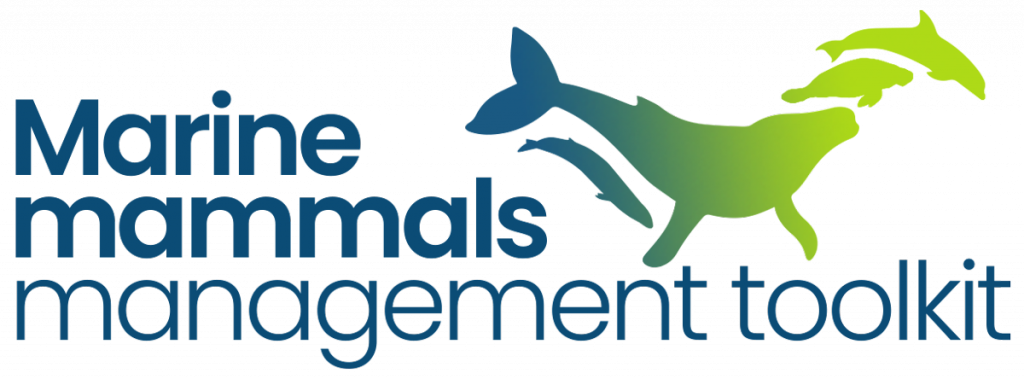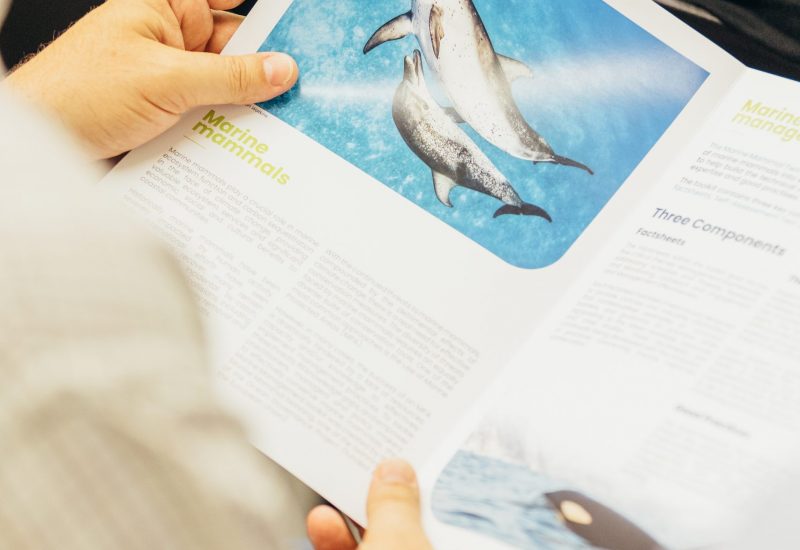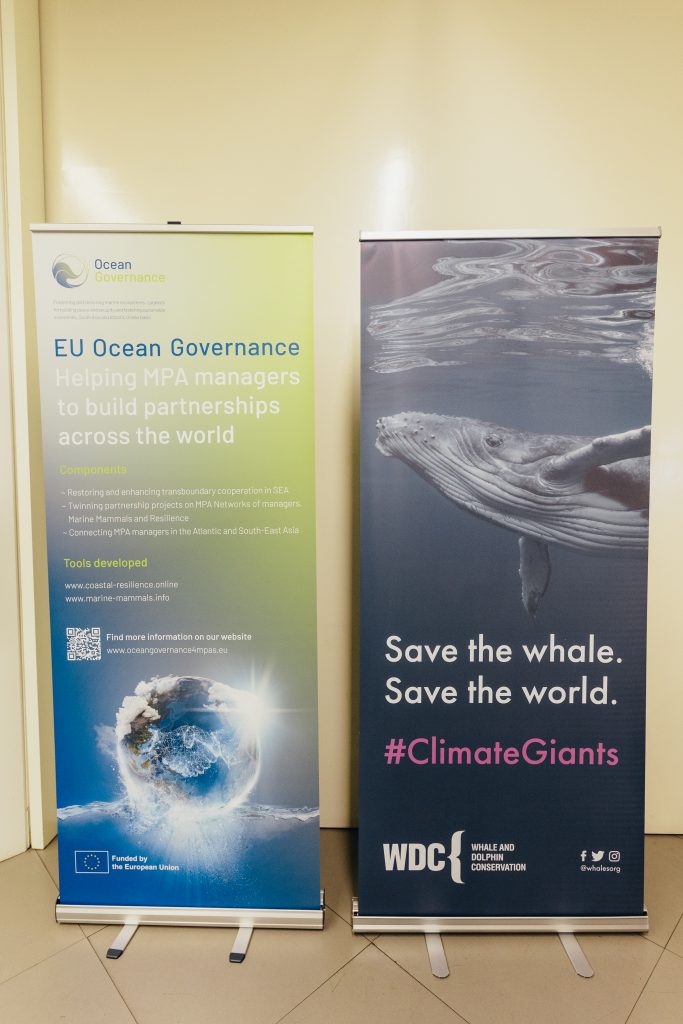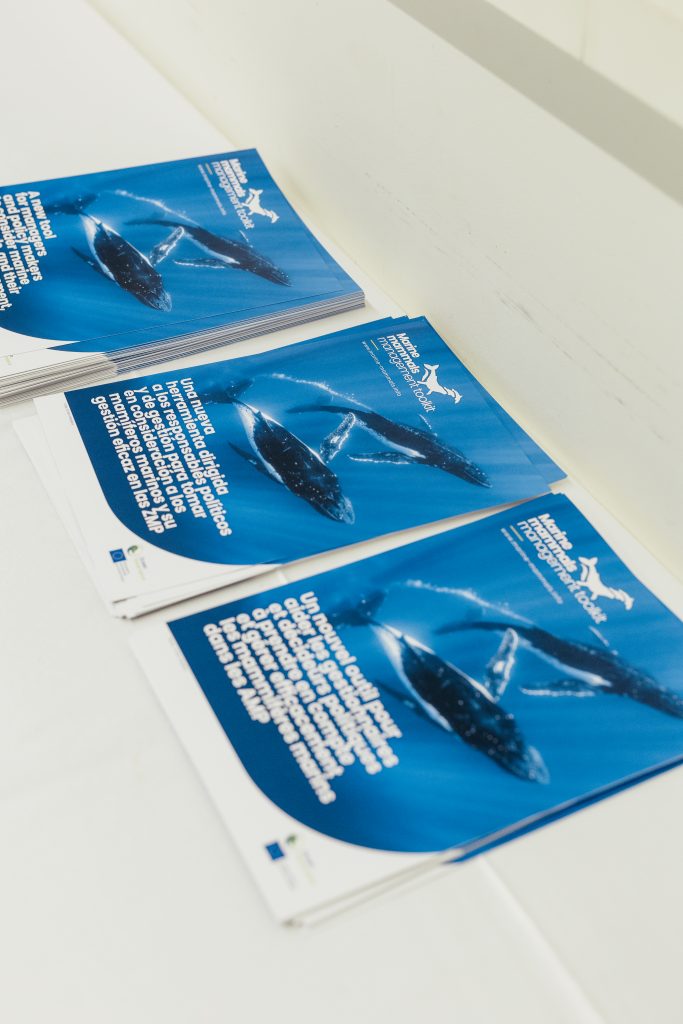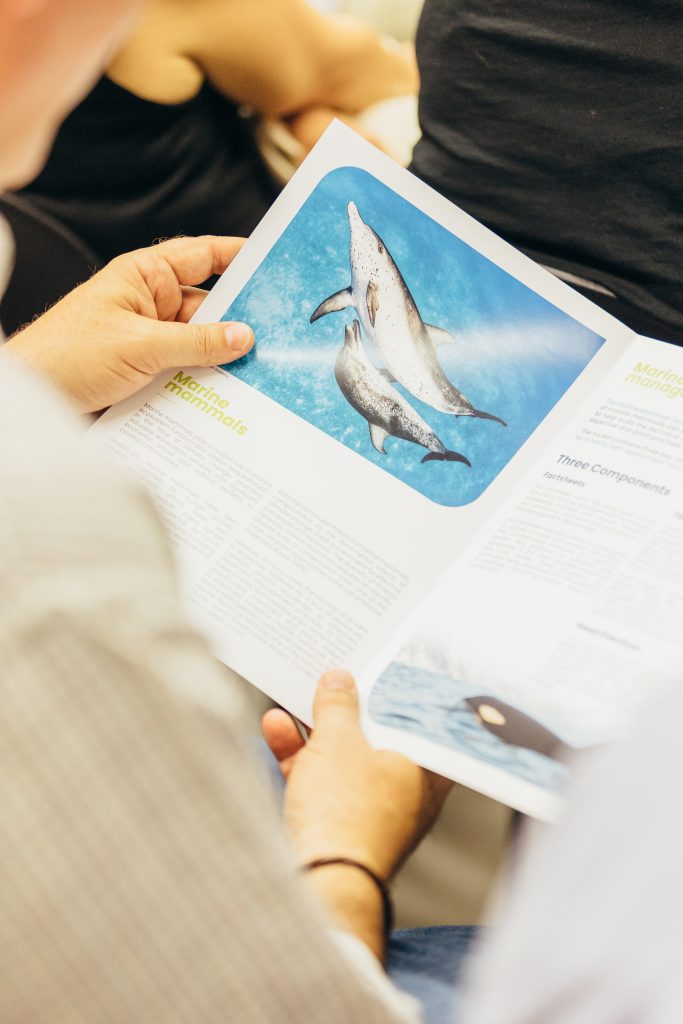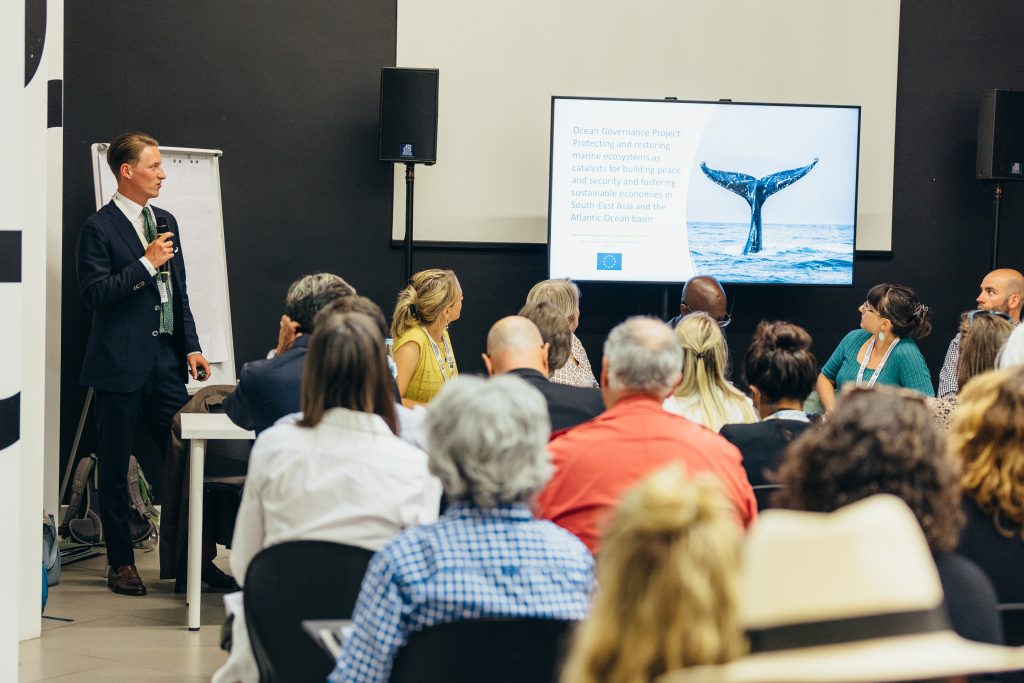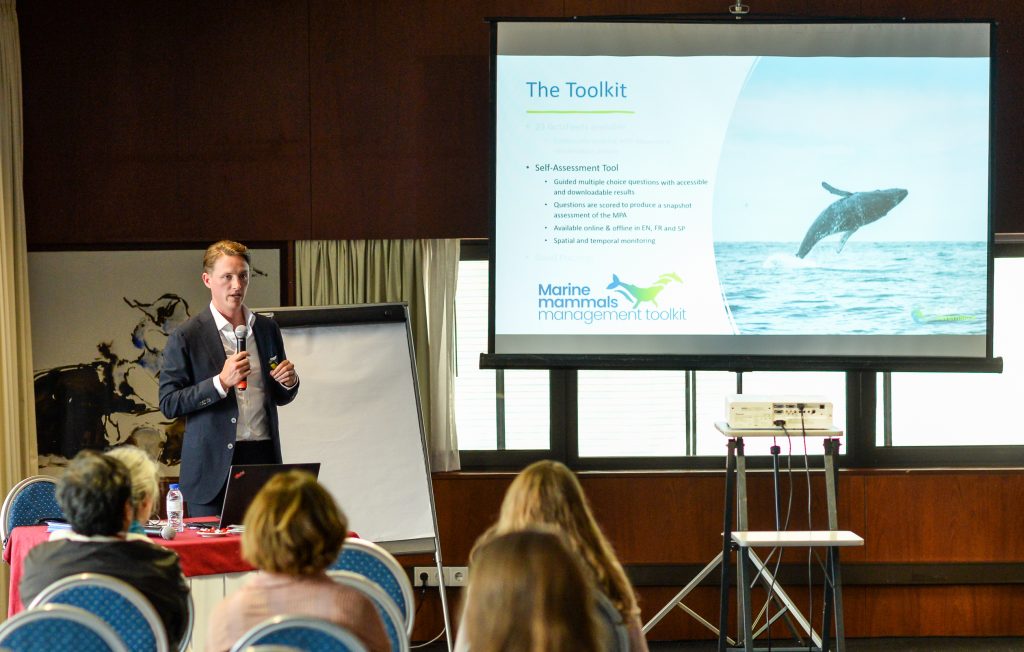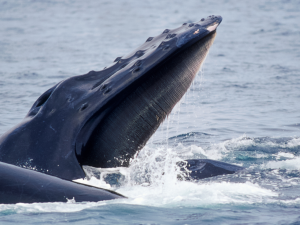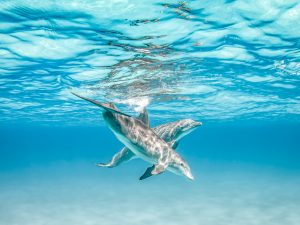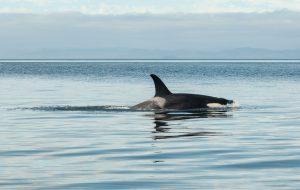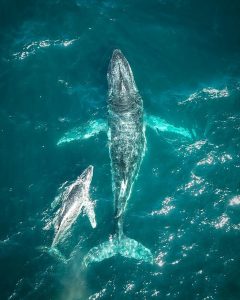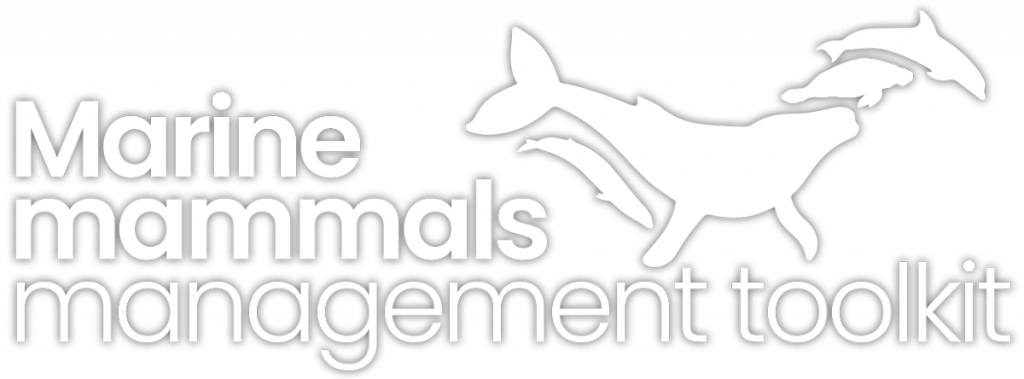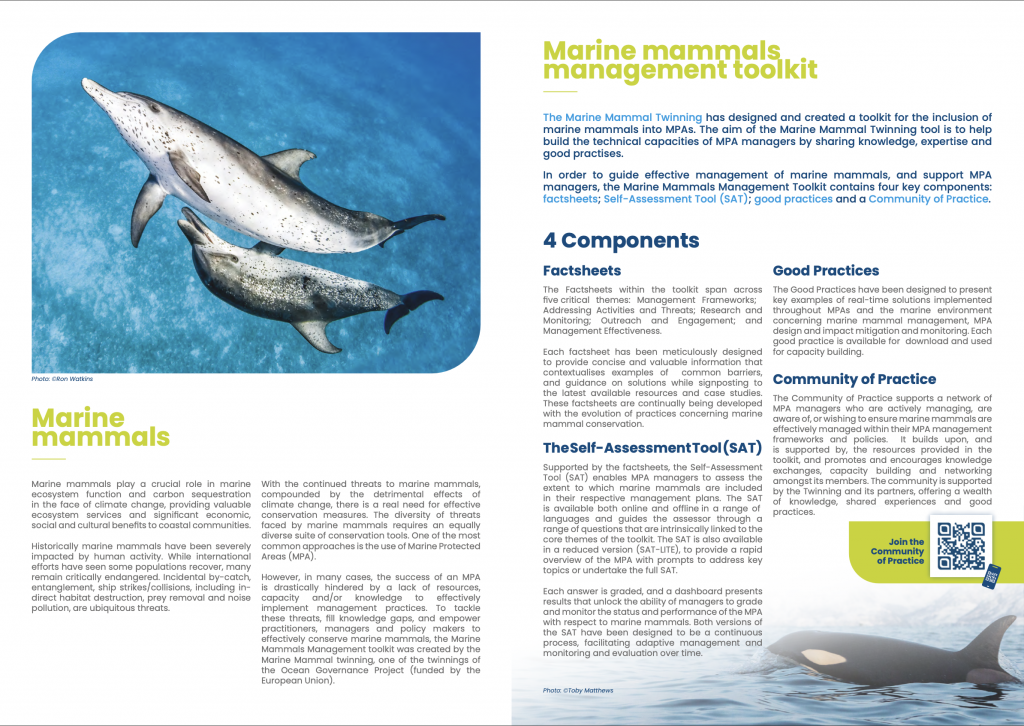On June 29th and 30th, the Twinning introduced the Marine Mammals Management Toolkit at two separate events during the United Nations Ocean Conference in Lisbon; highlighting the toolkit as possible solution for managing marine mammals to mitigate climate change as well as its importance for international policies.
The first presentation, through a panel format, was in the context of an event co-organised by Whale and Dolphin Conservation and the EU Ocean Governance project: Marine megafauna & blue carbon: how protecting charismatic ocean species contributes to climate protection. Highlighting the importance of marine megafauna in mitigating the impacts of climate change, the event welcomed other partners including Seas at Risk, University of British Columbia, Mission Blue, Clean Arctic Alliance, Government of Belgium, Instituto da Conservação da Natureza e das Florestas (Portugal).
Marine mammals can play a critical role in the mitigation and adaptation to climate change impacts including through carbon sequestration and their contribution to ecosystem production as a result of migratory behaviours. However, to maintain and restore these essential roles, marine mammals must be managed effectively. Therefore, the Toolkit offered a key example of how MPA managers can protect, conserve and restore marine mammals within, outside, and between MPAs.
The second presentation, hosted by the EU-funded Ocean Governance Project, saw the Twinning and Toolkit highlighted for the resources provided and its capacity building capabilities. Presenting the various activities of the Twinning and the components of the Toolkit, the Twinning representative highlighted how MPA managers can utilise the toolkit to enable the contribution, support and implementation of, international policies.
The presentations emphasised the Marine Mammal Twinning and its Toolkit, including the Self Assessment Tool, the Factsheets, and its Good Practices.
The Twinning and respective Toolkit’s representation at the UN Ocean Conference is of particular importance as the Marine Mammals Management Toolkit was successfully submitted as a UN Ocean Conference Voluntary Commitment in 2022. The voluntary commitment recognises the importance of marine mammals, their continued and surmounting threats and the need to take actions for their conservation.
